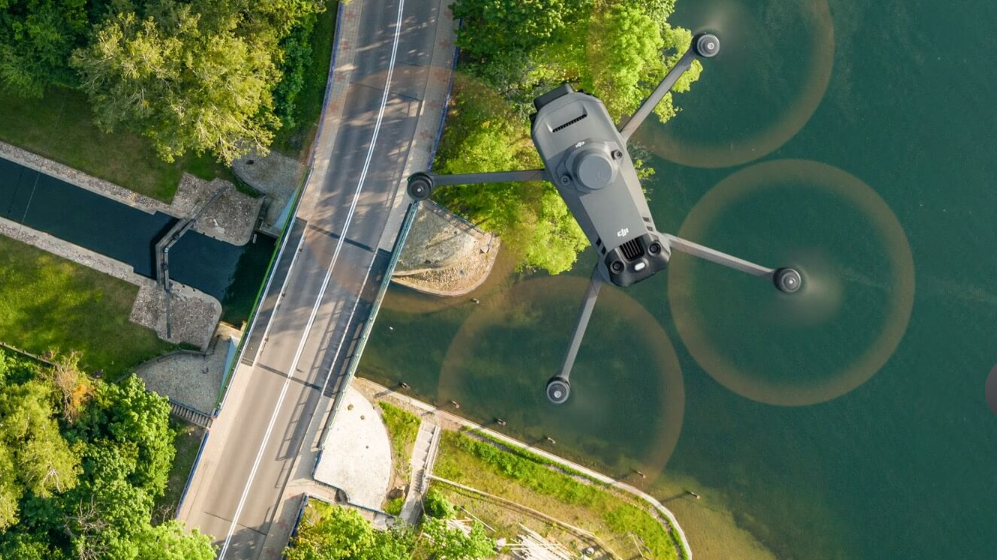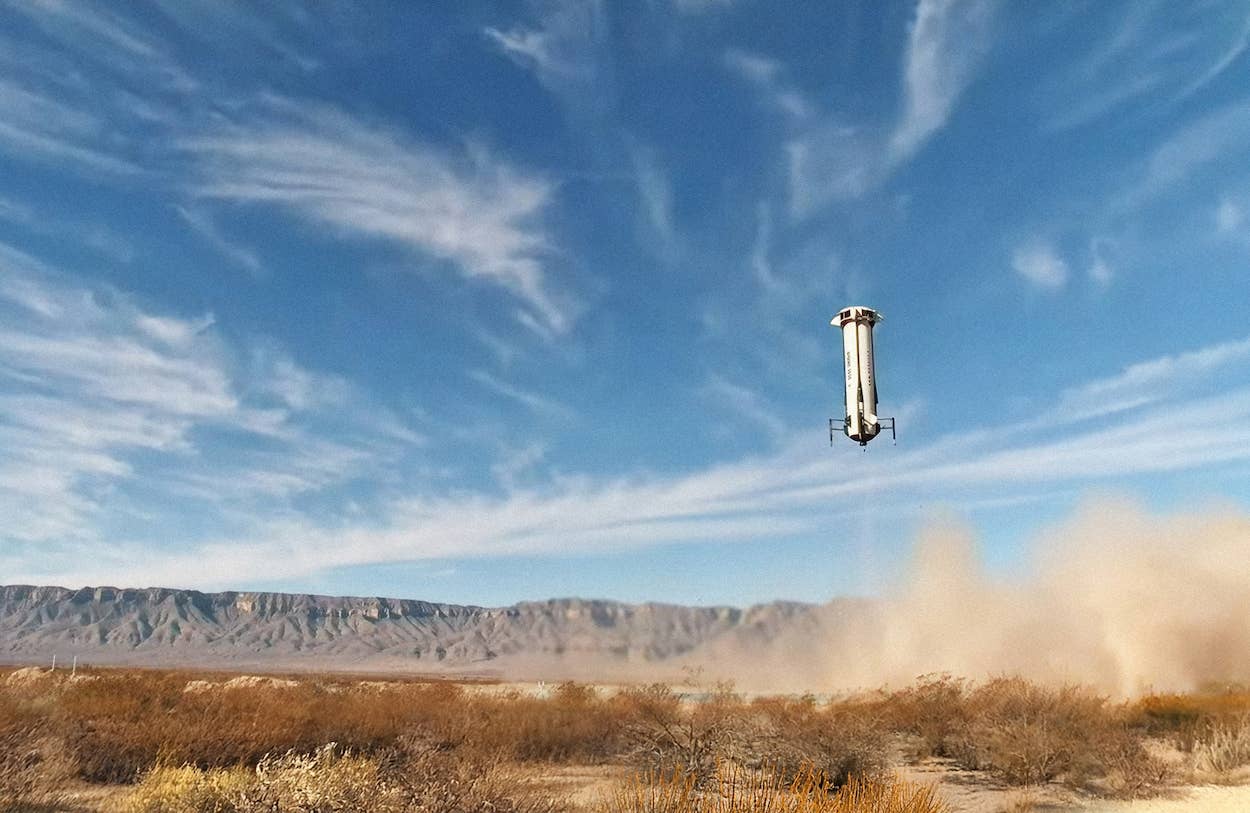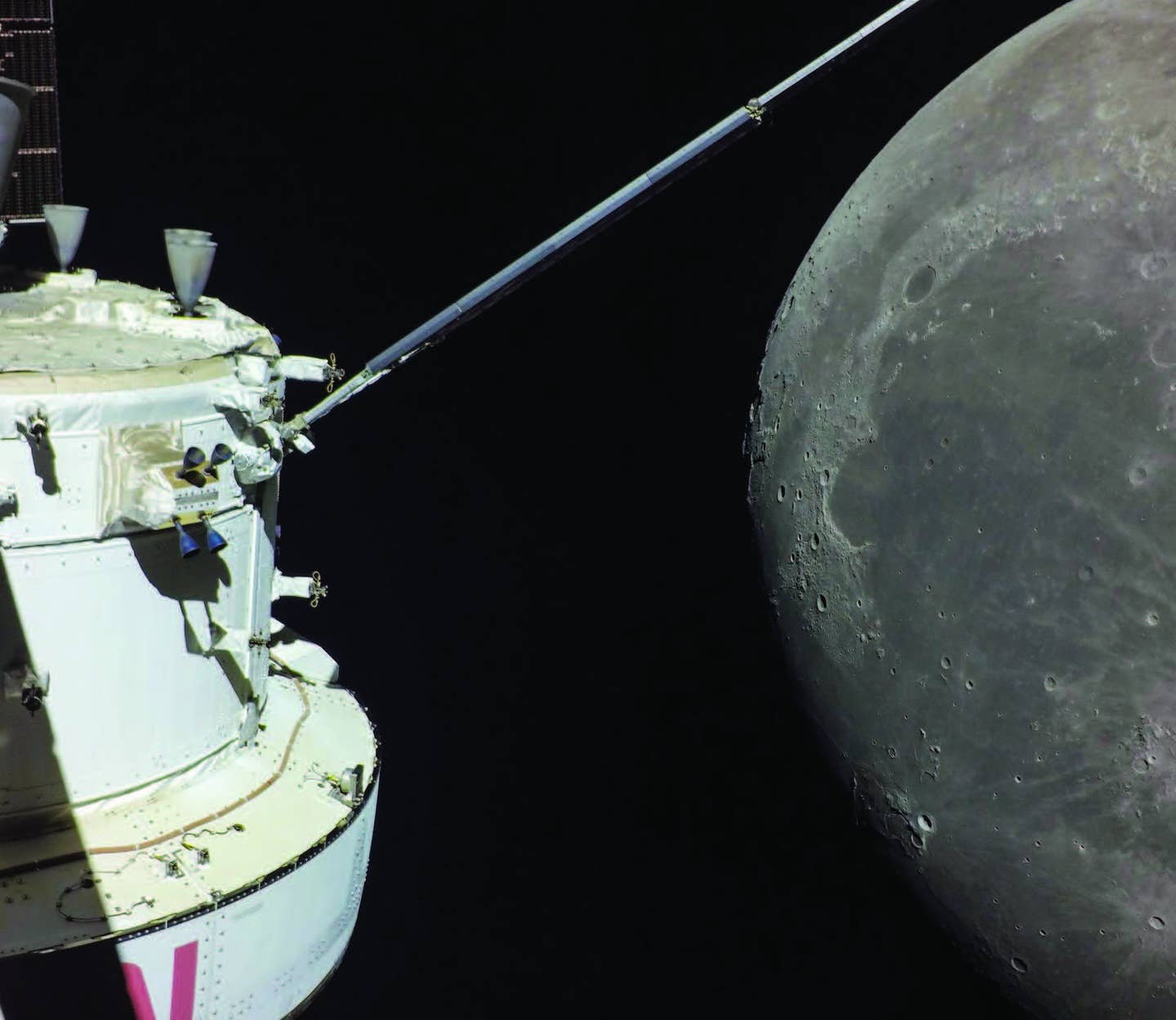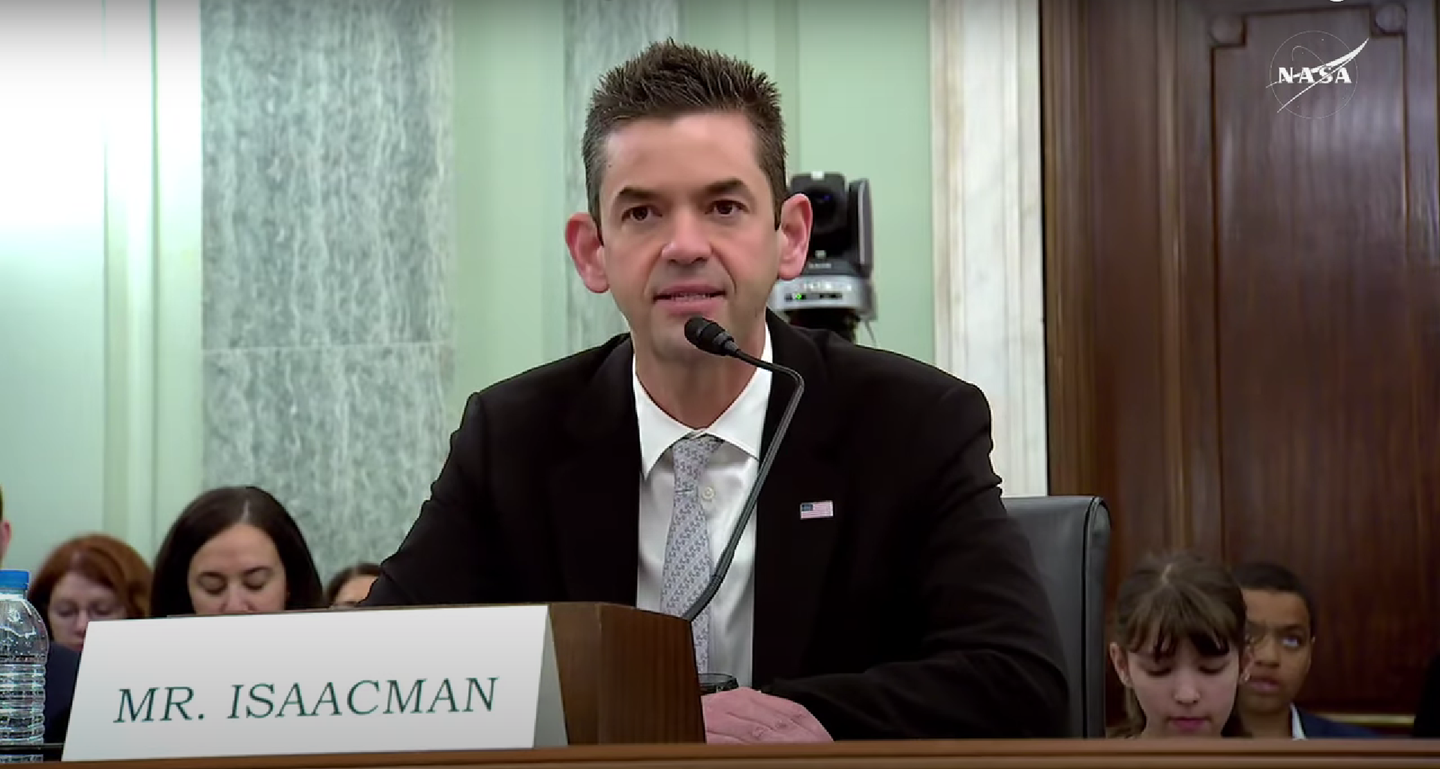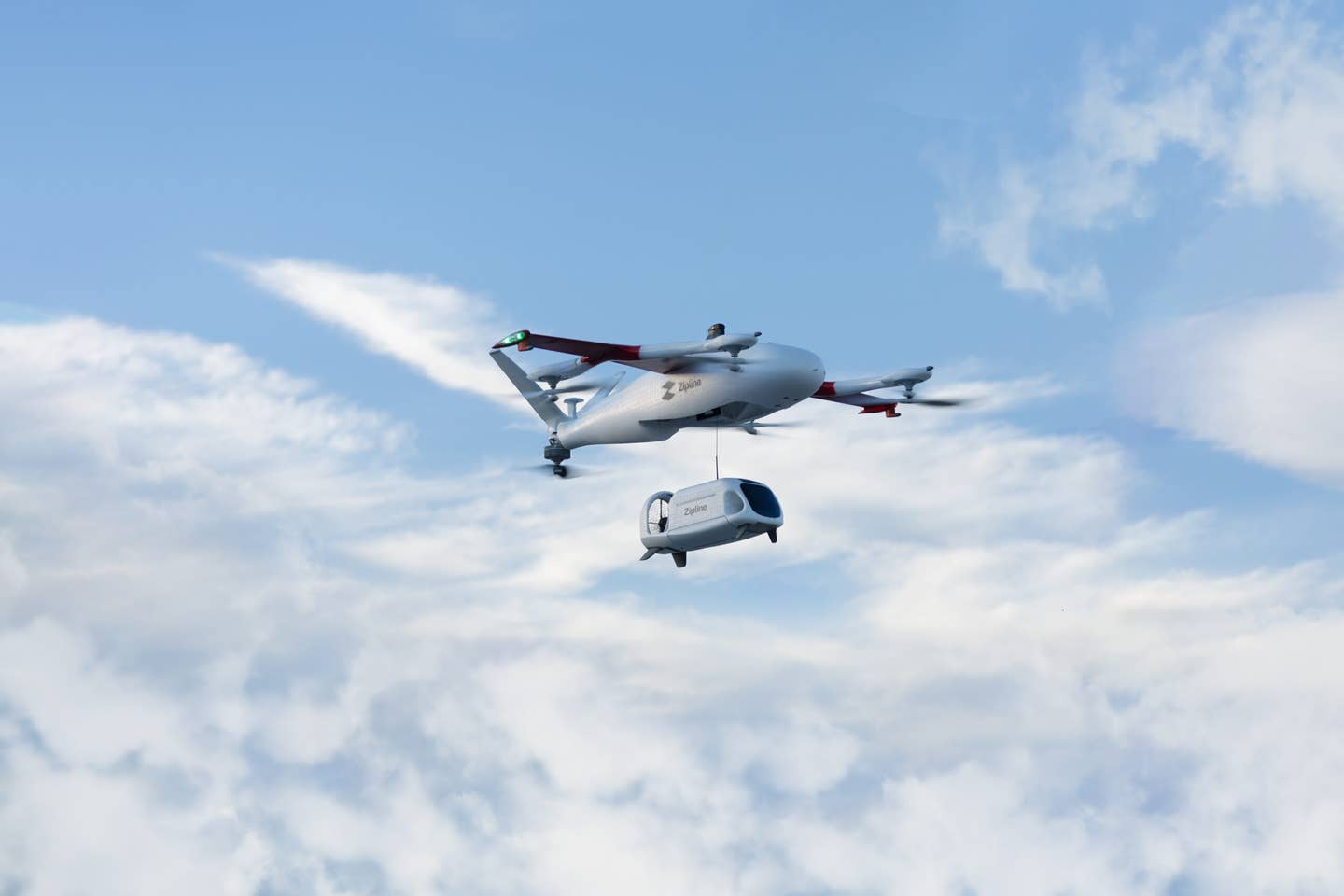SpaceX Falcon 9 Rocket Experiences In-Flight Failure During Launch
Following the mishap, Elon Musk said the satellite software was being updated ‘to run the ion thrusters at their equivalent of warp 9.’

Telemetry of the SpaceX Falcon 9 rocket at liftoff on July 11, 2024. [Screenshot/ SpaceX]
For the first time in nearly a decade, a SpaceX Falcon 9 rocket experienced a malfunction while attempting to deliver a batch of internet satellites into orbit on Thursday night.
The launch, occurring around 10:30 p.m. PDT at Vandenberg Space Force Base in California, is a rare mishap for SpaceX’s Falcon 9 rocket, which routinely flies NASA astronauts to orbit.
During tonight’s Falcon 9 launch of Starlink, the second stage engine did not complete its second burn. As a result, the Starlink satellites were deployed into a lower than intended orbit.
— SpaceX (@SpaceX) July 12, 2024
SpaceX has made contact with 5 of the satellites so far and is attempting to have them…
“The second-stage engine did not complete its second burn,” SpaceX said in a statement explaining the failure. “As a result, the Starlink satellites were deployed into a lower orbit than intended orbit. SpaceX has made contact with five of the satellites so far and is attempting to have them raise orbit using their ion thrusters.”
On X, SpaceX founder Elon Musk said his team was working on updating satellite software to run the ion thrusters at their equivalent of warp 9: “Unlike a Star Trek episode, this will probably not work, but it’s worth a shot.”
According to the company, SpaceX’s Starlink satellites are designed to burn up upon reentry into the atmosphere and do not pose any risk to people on the ground.
The Falcon 9 rocket is one of the most reliable in the world, with 69 launches this year and more than 350 since its debut in 2010, according to SpaceX.
Editor’s Note: This article first appeared on AVweb.

Sign-up for newsletters & special offers!
Get the latest FLYING stories & special offers delivered directly to your inbox

